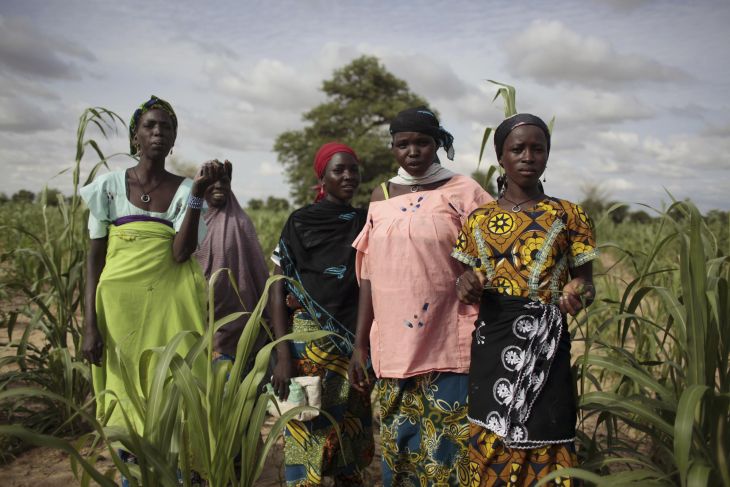Recently U.S. economist Jeffrey Sachs made a fascinating presentation to the U.N. Food Systems Pre-Summit meeting in Indonesia.. I believe that his speech should be required reading for anyone interested in the challenges of feeding the growing world population.
He made a number of recomendaciones that are in his view required to make the international system function and fit for purpose.
The United Nations is no longer fit for purpose. The Security Council is paralyzed and will continue to be so as long as the veto power of the five major powers — the United States, Russia, China, the United Kingdom, and France — continues to exist allowing any one of these countries to block initiatives.
The U.N. is also woefully underfunded — its annual core budget is far less than that of New York City. But this budget will likely not increase much unless the organization becomes more politically effective, but member states do not appear to want to make the U.N. more politically powerful at the expense of their own national power and interests.
In Sach’s view, the G-20 is an essential component of a revamped international system. It is composed of the nineteen major world economies plus the European Union, with no country wielding a veto on decisions. It represents over 2 billion people and can be transformed into a major global institution except for one glaring absence: Africa.
This continent of 1.3 billion people has no representation on the UN Security Council nor in the G-20,. It has been plundered by different European powers for over three hundred years and is an important source of global instability as major economies fight for access to its mineral wealth and transportation routes.
In his,view, the African Union must be brought into the G-20 in order to give Africans a voice in global affairs. African countries must also be given fair access to global credit and devlopment institutions so that they can develop the political and economic infrastructures essential for competition in the world global economy and for control over their strategic resources.
To be sure, corruption remains a major speed bump for developed economies to grant these possibilites to African countries. Systems of governance and full accountability must be developed and successfully implemented so that funding provided is not funneled off into offshore bank accounts instead of the purposes for which they have been targetted.
This, of course, requires a revolution of the mentalities for governing international relations effectively. The nationalism of the 19th and 20th centuries, still in vogue today, are not fit for purpose in the 21st century. Leaders must govern with a vision of moving humanity ahead, and not the zero sum game of national competitions.
Can this be achieved?
Unfortunately, I don’t think so, not in today’s geopolitical climate.
Recently, we saw how states failed to reach any major advancement in managing climate change at the recent COP27 summit in Egypt. States refuse to make the required social and financial investment required to mitigate global warming and transform the global economy from one based on fossil fuels to one based on renewable energy. Kicking the ball into the high grass only imperils the survival of our children and grandchildren in exchange for short term gain for current generations.
This is not sustainable.
Nor are the constant wars and millions of deaths arising from a warped need for national superiority or control over natural resources.
Africa is a hotspot for both.
And, unless Africa is brought into global decision-making and enjoys freedom from plunder and political interference, the world risks being a more violent and unstable place.
Keep reading: Lula is Back!
Edición: Laura Espejo
''La marcha de las mujeres no es una marcha criminal como para que se use gas lacrimógeno''
Astrid Sánchez
La obra contó con una inversión de 88 mdp y beneficiará a más de 110 mil habitantes
La Jornada Maya
El evento busca reactivar la economía mediante intercambio académico, redes profesionales e infraestructura petrolera
La Jornada Maya
